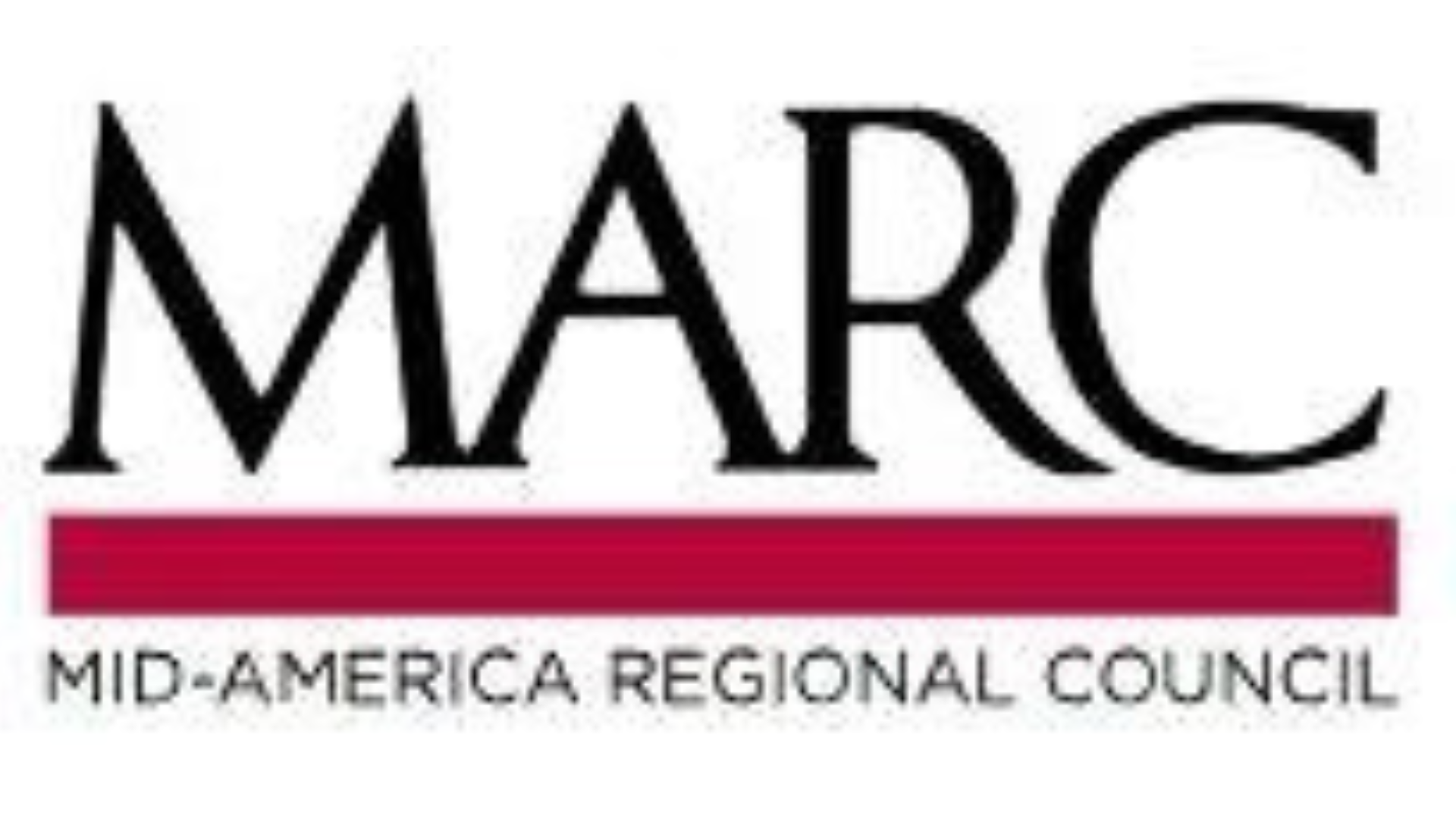Beware: Scammers Are Targeting Seniors - Here’s How to Protect Your Loved Ones

As the use of technology becomes more prevalent, scammers are increasingly targeting seniors, exploiting their trust and unfamiliarity with digital platforms. From posing as tech support to impersonating legitimate companies, fraudsters constantly find new ways to trick people out of their money. Families must stay vigilant and educate their elderly loved ones about common scams. Below, we discuss some of the most common scams and provide tips to avoid falling victim.
Common Scams Targeting Seniors and Others
1. Tech Support Scams: Fraudsters often pose as tech support agents from well-known companies like Microsoft or Apple. They may claim there’s an urgent issue with the senior's computer or internet connection and request remote access to “fix” the problem. Once they gain access, they steal personal information or demand payment for a fake service.
2.
Impersonation of Legitimate Companies: Scammers frequently impersonate legitimate companies, including banks, utilities, or government agencies. They may claim a past-due payment needs to be made immediately or that the senior’s account will be shut down if they don’t act fast.
3.
Online Shopping Scams: Fraudsters set up fake online stores offering goods at unbelievable prices. Seniors, unfamiliar with certain online shopping norms, may fall for these deals, only to receive counterfeit goods or nothing at all.
4.
Urgent Payment Requests: One of the most alarming tactics involves telling seniors they have unpaid bills that need immediate payment—whether it’s a mortgage, utility, or medical bill. Scammers may even threaten foreclosure, utility shutdown, or arrest if they don’t act right away.
Tips to Avoid Falling for Scams
1. Don’t Fall for a Sense of Urgency: Scammers often create a sense of urgency to pressure victims into acting without thinking. Remind your loved ones that legitimate companies don’t shut down accounts or foreclose within an hour. Take your time to verify claims before making any payments.
2.
Hang Up and Verify: If someone calls demanding payment, hang up the phone. Call the legitimate company back using the number listed on official documents, such as the back of a debit or credit card, or from their website. This ensures you’re speaking to a verified representative that is from that company rather than an impersonator.
3.
Beware of Spoofed Numbers: Fraudsters can have the phone number that they are calling from appear as a different number than the one that they actually calling from. This is done by deliberately falsifying the information that is sent to the caller ID display and is called ‘spoofing’. Spoofing is often used by scammers to trick people into giving away personal information that can then be used for fraudulent activity. For example, a spoofed number might appear to be from a government agency, business, or someone in your contacts list, such as Capital One or your utility provider. If you’re ever in doubt, hang up and dial the company directly.
4. If It Sounds Too Good to Be True, It Probably Is: Offers of “easy money” or “get rich quick” schemes are major red flags. If an unsolicited call or email promises unrealistic rewards, it’s likely a scam.
5.
Verify SMS Text or Email Origins: Scammers may send text messages or emails that look like they’re from a legitimate company. Always verify that the text or email is coming from the correct source, such as a known email domain or short code (the 5-6 digit number companies use for SMS messages).
6.
Resist Pressure to Act Immediately: Legitimate businesses rarely pressure customers to make financial decisions on the spot. Encourage seniors to take time to think through financial decisions, and if they feel pressured, to talk it over with someone they trust before proceeding.

Safeguard Your Finances from Scammers
As fraudsters become more sophisticated, it’s essential to stay informed and cautious. If something seems off or too urgent, take a moment to reassess the situation. Families should have open discussions with seniors about common scams and how to handle suspicious calls or emails. Don't believe us, the
National Council on Aging publishes a lot of information related to this.
For additional support, always remember: when in doubt, hang up and verify by calling the number on the back of your card or official document. Your loved one's safety is the priority. By staying educated and vigilant, we can protect ourselves and our families from falling victim to these scams.
Family Shepherd works to help families and seniors in Kansas City to stay safe, whether it's their health or financial security. For more detailed information, be sure to check out our stop
scammer checklist here on avoiding scams and protecting your finances, where we cover additional tips on safeguarding against fraud.
Supporting the Senior Living Industry





Recent Helpful Articles









Quick Links
Our Location
ALL RIGHTS RESERVED | FAMILY SHEPHERD | PRIVACY POLICY







